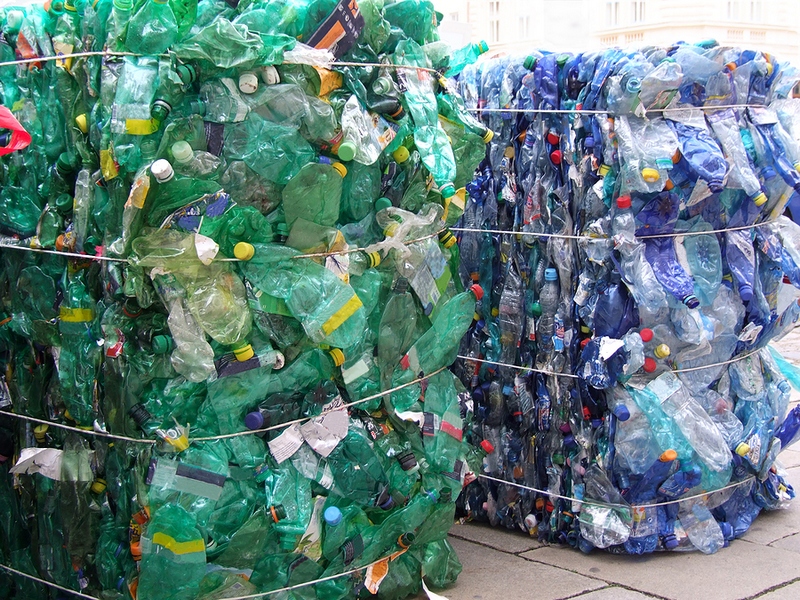Why recycling is failing has many factors, but the biggest is the fact that China has stopped (by law) the importation of plastics for recycling. And also the fact that other countries do not have the capacity to take what China had been doing.
Per NPR, “China passed the National Sword policy banning plastic waste from being imported — for the protection of the environment and people’s health — beginning in January 2018.
Now that China won’t take it, what’s happening to the leftover waste?
According to the authors of a new study, it’s piling up.
“We have heard reports of waste accumulating in these places that depend on China,” says Amy Brooks, a doctoral student of engineering at the University of Georgia and the lead author of the study published in Scientific Advances last week.
She says some of it is ending up in landfills, being incinerated or sent to other countries “that lack the infrastructure to properly manage it.”
By 2030, an estimated 111 million metric tons of plastic waste will be displaced because of China’s new law, the study estimates. This is equal to nearly half of all plastic waste that has been imported globally since 1988.”
And to make matters worse is the fact that the recycling of electronics is not a very safe thing to do in the first place and that it is being done in foreign countries with little oversight. Per Recycle Nation, “Operating the electronic shredder and hiring workers to sort through electronic waste can be expensive, which has led many recycling centers to look for alternatives. To lower operating costs, many recycling centers choose to ship their electronic waste to developing countries for processing. Countries such as China, Nigeria, Pakistan, and Ghana receive tons of electronic waste from Western countries every year. Once it arrives, workers begin to manually break down the items, sort through the parts, and sell anything with value to buyers. But, these countries do not have safety regulations in place to protect workers and the environment. People who work at these scrap yards are exposed to hazardous chemicals on a regular basis and are not given any gear to protect themselves. They also do not make an effort to prevent toxic chemicals from being released into the environment. This means any electronic waste that is sent to a developing country will harm the environment in the same way that it would when sitting in a landfill.”
So it seems to me, at least, that the way we are going about recycling is leading us down the wrong road. We need to rethink how we manufacture consumer products and the packaging that they come in. For example I bought a tube of lip balm and the packaging consisted of plastic in various forms and some form of foil. There is an outer package that lets the manufacturer display the appropriate information on the product and then there is the tube of balm itself which has shrink wrap to protect the consumer from tampering. In my opinion they could have used cardboard to house the tube of balm, thus reducing the cost of packaging and it is much easier to recycle.
So manufacturers it is time to reevaluate how you display your products with easier recycling in mind.
That is my opinion- Jumpin Jersey Mike
